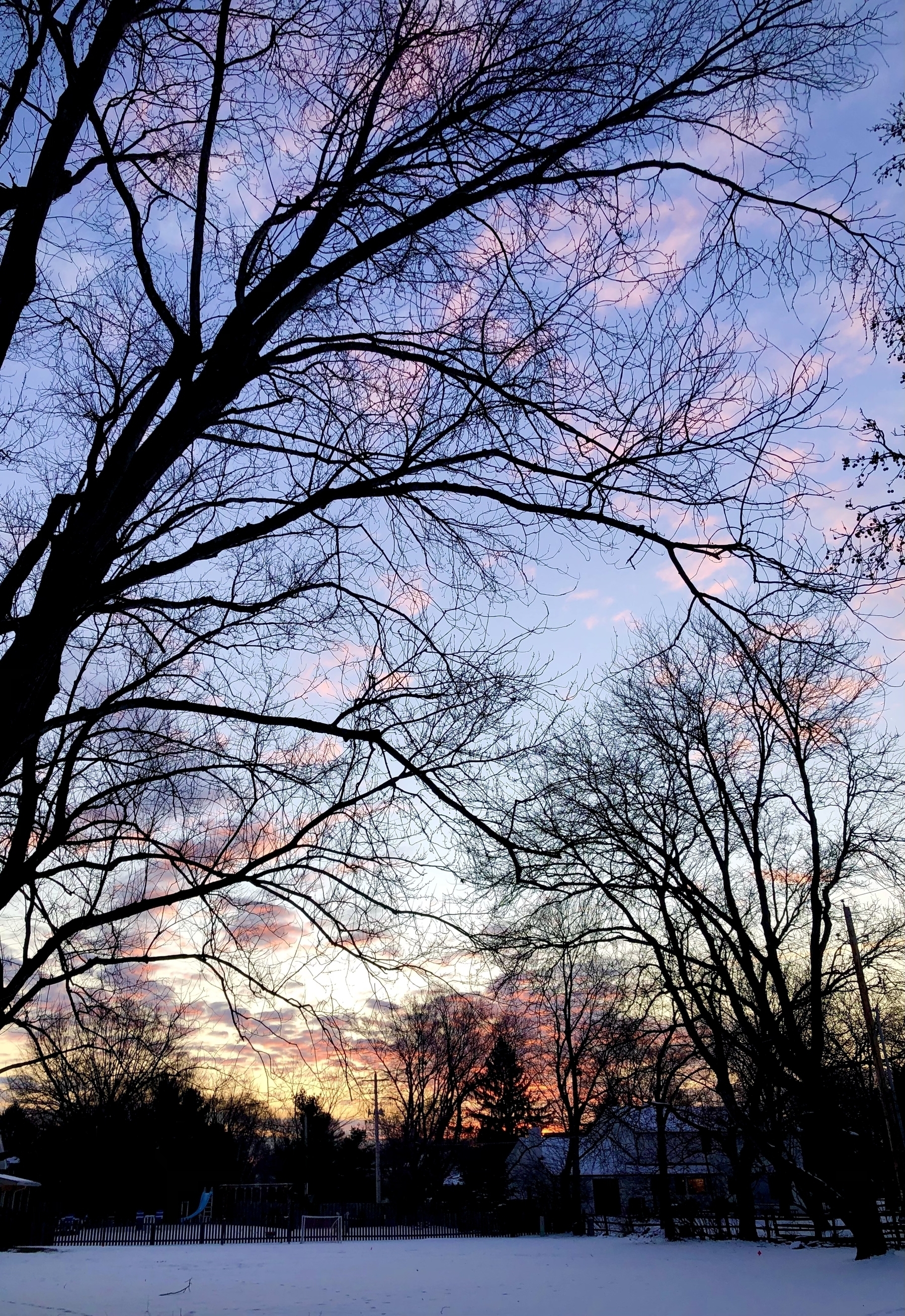30 January 2022
Jamál, 13 Sultán (Sovereignty), 178 B.E.
Seen

Done
Setup a “space” on ClickUp titled “Social Change” in which there are “folders” for “How’s the Weather?,” “Global Rebirth,” “Time Banking,” and “Meetings” to get us started. Michael Greenman and I had 90-minute Zoom call during which we tested ClickUp’s integration with Zoom, Google calendar, and Google Drive along with a check to see how easy it is to manage tasks absent little or no experience on the ClickUp platform. Eventually, we intend to make much of the task structure publicly viewable so it’s easier for folks to know what the project entails and how they can get involved should they wish to. For now, though, we need to flesh out the task list so it more completely reflects the work in front of us.
We also figured out how we can adapt the Greener Acres Value Network timebank to be the distributer of credits for time spent on tasks associated with “Social Change” to members of any timebank wherever it may be in the global hOurworld network. This is key to determining the value of the project overall, the value of the output by those who tackle and complete tasks, and the potential value in terms of demonstrated skills that can be applied to future task on this project or others. This week, I will edit the GAVNet Timebank website to explain how the process works, why it’s important, and what are the specific steps one takes to get credit.
As usual, work begets more work — my job jar is getting full!
Noted
Astral Prospecting on Instagram and Astral Prospecting on Facebook
Marc Bosserman on Instagram Marc Bosserman on Facebook, and Marc Bosserman Music and Musings on YouTube
Quoted
At the heart of such an approach lies the question of capacity building. It has been observed in cluster after cluster that the capacity to carry out efforts in the area of social action is gradually raised as growing numbers of individuals are involved in the institute process and are assisted to dedicate their energies to the spiritual and material transformation of the regions in which they live. Generally speaking, Bahá’í social and economic development efforts begin at the grassroots, start small, and grow organically, commensurate with the local human and financial resources available to them. In this connection, as noted in the Riḍván message of 2010, social change should not be conceived of as a project that one group of people carries out for the benefit of another, nor should it be reduced to the mere delivery of goods or services. In light of these considerations, Bahá’ís are discouraged from implementing projects in countries where they do not reside. Further, for a number of reasons, considerable caution needs to be exercised in cases where external funds are made available to a particular endeavor. Experience has shown, for example, that the right of the local community to trace its own path of progress can be compromised when those providing resources from outside of the community assume responsibility for the management and direction of an initiative or exert undue influence on the nature of projects undertaken. Moreover, organizations which are solely reliant on external support often struggle to sustain their activities in the event that outside sources of funding are withdrawn. In order to avoid such challenges, the Office of Social and Economic Development at the Bahá’í World Centre helps to coordinate the flow of resources to Bahá’í-inspired development projects, taking into account both the conditions in the region and the maturity of particular initiatives. 1
- Research Department of the Universal House of Justice, editor. “Social Action.” Bahá’í Reference Library, Aug. 2020, 107, https://www.bahai.org/library/authoritative-texts/compilations/social-action/3#957685526 [return]